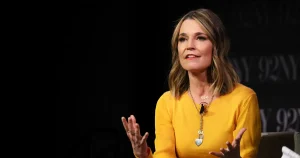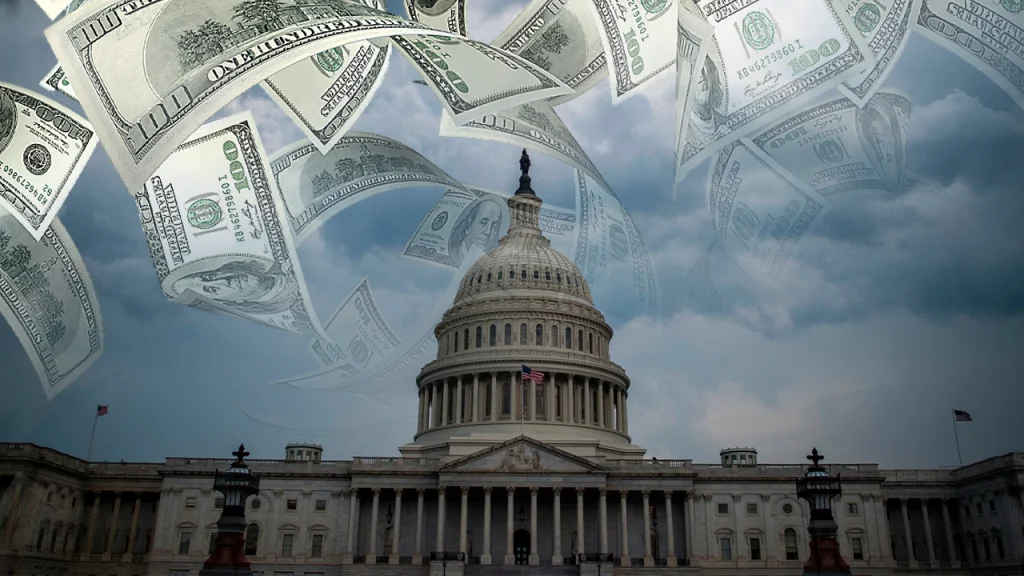Federal Government Enters Partial Shutdown as Budget Negotiations Fail
In a significant turn of events that impacts millions of Americans, the federal government officially entered a partial shutdown on Wednesday after lawmakers failed to reach an agreement on a funding bill before the midnight deadline. This political impasse marks yet another chapter in the ongoing struggle between Democrats and Republicans to find common ground on fiscal matters. The shutdown came after Senate Republicans attempted to pass a short-term extension of funding levels, known as a continuing resolution (CR), which would have given Congress until November 21 to establish funding priorities for the 2026 fiscal year. However, Democrats blocked this measure, expressing frustration at being excluded from shutdown negotiations and pushing for the extension of enhanced Obamacare subsidies that were set to expire at the end of 2025. The House had previously passed this bill largely along party lines on September 19, but the Senate’s failure to approve it triggered the shutdown mechanism.
The political standoff has revealed deep divisions between the parties, with Republican leaders accusing Democrats of jeopardizing government operations over spending demands, while Democrats argue they’ve been sidelined in crucial discussions. Senate Majority Leader John Thune emphasized that Republicans would not “be held hostage for over $1 trillion in new spending on a continuing resolution,” characterizing the situation as one that could have been easily avoided. Meanwhile, House Republicans strategically remained away from Washington to pressure the Senate into passing their bill, while House Democrats returned to create a visible contrast between the parties’ approaches to resolving the crisis. This political choreography underscores how both sides are not only battling over budget priorities but also competing to control the public narrative about who bears responsibility for the shutdown.
The immediate consequences of the shutdown are substantial and far-reaching, affecting federal workers and services across the nation. Thousands of government employees now face furloughs or are required to work temporarily without paychecks, while numerous federal agencies may close their doors. The Office of Management and Budget (OMB) Director Russ Vought released a memo directing affected agencies to “execute their plans for an orderly shutdown,” acknowledging that the duration remains unpredictable due to Democrats’ “untenable posture.” More concerning is Vought’s earlier guidance warning offices to consider plans for permanent layoffs, suggesting more severe consequences than typical shutdown furloughs. The Congressional Budget Office estimated that approximately 750,000 employees could be furloughed each day, with a daily compensation cost of roughly $400 million, though this figure could decrease if mass firings occur as suggested by the OMB directive.
The political rhetoric surrounding the shutdown has intensified, with former President Donald Trump playing a significant role in the discourse. Trump told reporters that while Republicans did not want a shutdown, they could “do things during the shutdown that are irreversible, that are bad for them [Democrats],” including cutting programs favored by Democrats. Senate Minority Leader Chuck Schumer responded sharply, accusing Trump of “using Americans as political pawns” and claiming that Democrats remained “ready to work with Republicans to find a bipartisan compromise.” This exchange highlights how the shutdown has become entangled with broader political strategies and positioning ahead of upcoming elections, with both sides attempting to leverage the situation for potential advantage while publicly expressing concern for affected Americans.
The practical effects of the shutdown extend beyond federal workers to impact various government services and institutions. The Capitol Visitor Center, Botanic Garden, and Library of Congress will all close to visitors, according to guidance provided to lawmakers. Congressional delegation trips to foreign countries are canceled, and active-duty service members will go without pay, though lawmakers themselves are constitutionally required to continue receiving their salaries. Speaker Mike Johnson advised House Republicans to remain unified during the shutdown, urging them to avoid political events like fundraisers and to stay outside Washington until the House is scheduled to return. These measures reflect the broad disruption caused by the shutdown, affecting not only government operations but also the normal functioning of democratic institutions and processes.
As the shutdown continues, the path forward remains uncertain, with both parties seeming entrenched in their positions. The Senate is expected to vote on the same bill again, with additional votes planned throughout the week and into the weekend until either a deal is reached or Democrats change their stance. House and Senate Republicans are both anticipated to return to Washington next week, potentially creating new opportunities for negotiation. However, the fundamental disagreements about spending priorities, healthcare subsidies, and the process of budget negotiations itself present significant obstacles to resolution. Meanwhile, ordinary Americans, particularly federal workers and those who depend on government services, bear the brunt of this political standoff, highlighting once again how partisan divides in Washington can have real and immediate consequences for citizens across the country. The shutdown serves as a stark reminder of the challenges facing American governance in an era of intense polarization and the urgent need for political leaders to find ways to bridge their differences in service of the public good.














